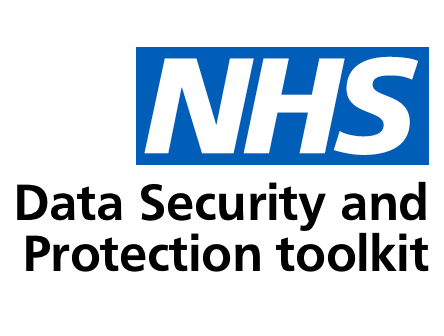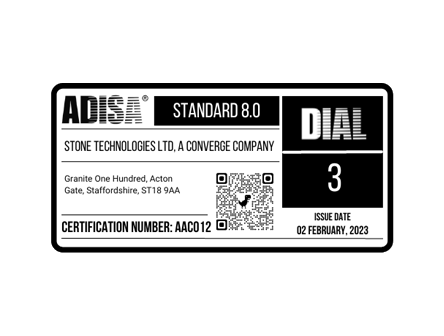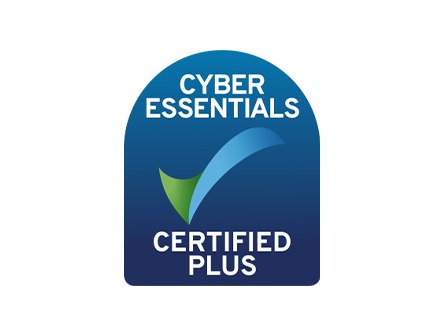WEEE Compliance
Electrical waste and electronic equipment (WEEE) should be disposed of in a secure, responsible and environmentally-friendly way at every opportunity. Our externally accredited recycling facility ensures this is done correctly for your IT assets when they reach the end of their lifecycle ensuring your WEEE Compliance under UK GDPR.
What is the WEEE Directive?
WEEE refers to Waste Electrical and Electronic Equipment, encompassing nearly all devices, whether household or not, that operate on a battery or plug. Its purpose is to mitigate the effects of equipment that has completed its life cycle.
In today's society, our gadgets and appliances quickly become obsolete as newer, enhanced versions are released. All too often, outdated devices are recklessly discarded and find their way into landfills.
This avoidable waste occupies considerable space in landfill sites, but it also poses a more serious risk. Numerous electrical and electronic products emit toxic substances into the air and water, which can be profoundly harmful to both the environment and human health.
In 2002, the WEEE Directive was established to tackle these environmental issues.
How can my business comply with the WEEE Directive?
Virtually every business is affected by WEEE Regulations. It is essential that you understand and carry out certain responsibilities to avoid legal, regulatory and environmental repercussions.
WEEE compliance is essential if your business:
- Distributes, sells, imports or manufactures any electrical or electronic equipment (EEE)
- Repairs or refurbishes WEEE
- Treats, reprocesses, recovers or recycles WEEE
- Produces any WEEE
The WEEE Directive applies to all producers and distributors, big or small. A producer is defined as one of three things: a business that manufactures and sells WEEE under its own brand, a business that resells rebranded WEEE products, or any business importing or exporting WEEE into the UK or an EU member state professionally.
A distributor refers to companies that sell WEEE for household use through physical retail or wholesale outlets, the internet, TV shopping channels or other distance-selling systems.
How can I comply with WEEE Recycling responsibilities?
Almost every company is influenced by WEEE Regulations. It is crucial that you comprehend and fulfill specific obligations to prevent legal, regulatory, and environmental consequences. Adhering to WEEE compliance is vital if your business:
- Distributes, sells, imports, or manufactures any electrical or electronic equipment (EEE)
- Repairs or refurbishes WEEE
- Processes, recycles, recovers, or treats WEEE
- Generates any WEEE
The WEEE Directive is applicable to all producers and distributors, regardless of size. A producer is categorized as one of three entities: a company that creates and markets WEEE under its own label, a business that sells rebranded WEEE items, or any organization importing or exporting WEEE into the UK or any EU member country for commercial purposes.
A distributor refers to businesses that sell WEEE for domestic use through physical retail stores, wholesale channels, online platforms, TV shopping networks, or other remote selling methods.
WEEE Recycling you can rely on
We are externally audited against our waste-to-landfill pledges and with our help, your end-of-life assets will be recycled securely in an environmentally-friendly way.
If you are interested in recycling your assets with Weee Recycle ICT, or would like to learn more about what we do, contact us. Our team of friendly experts will be happy to help.
© Copyright 2023 All Rights Reserved



